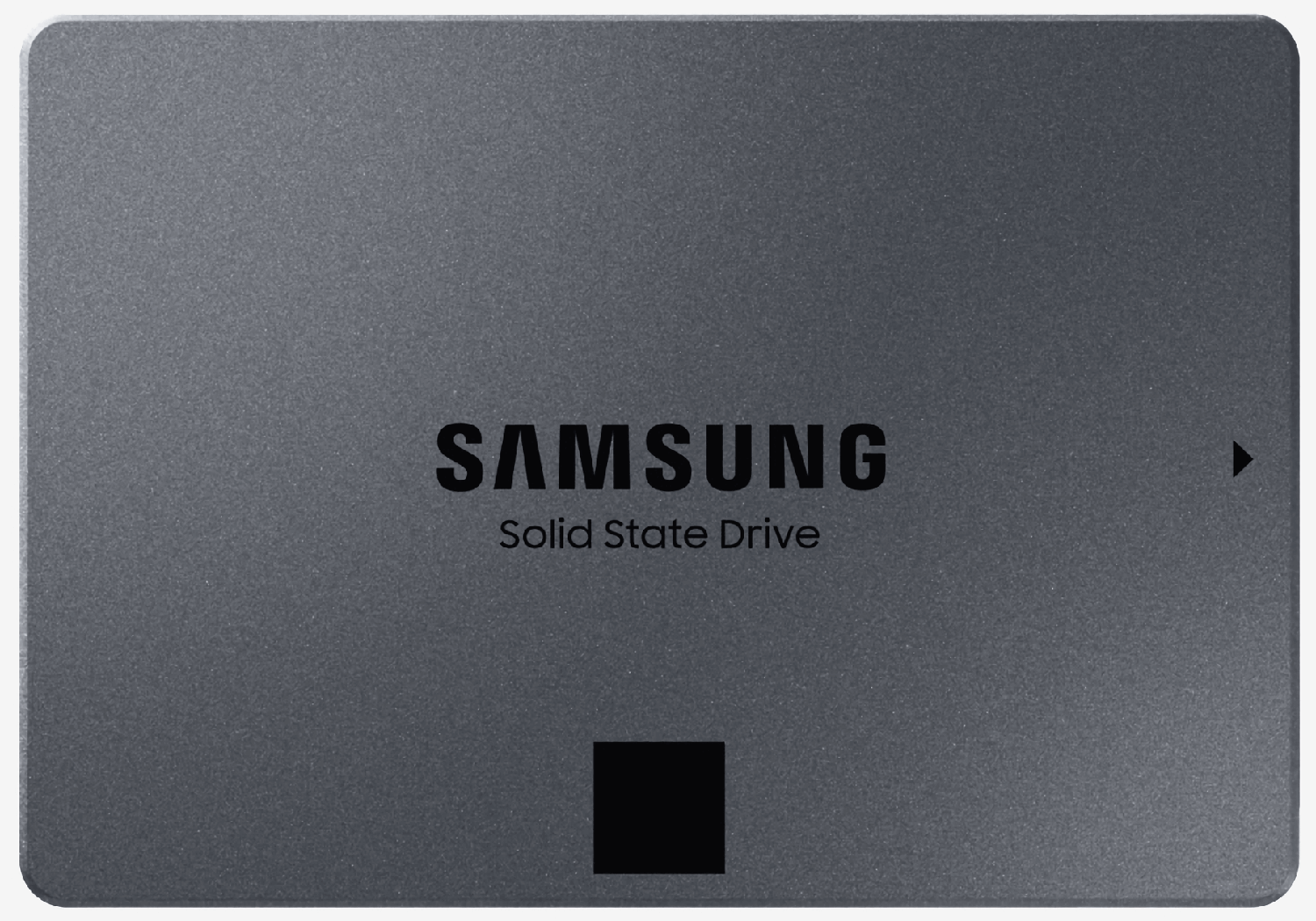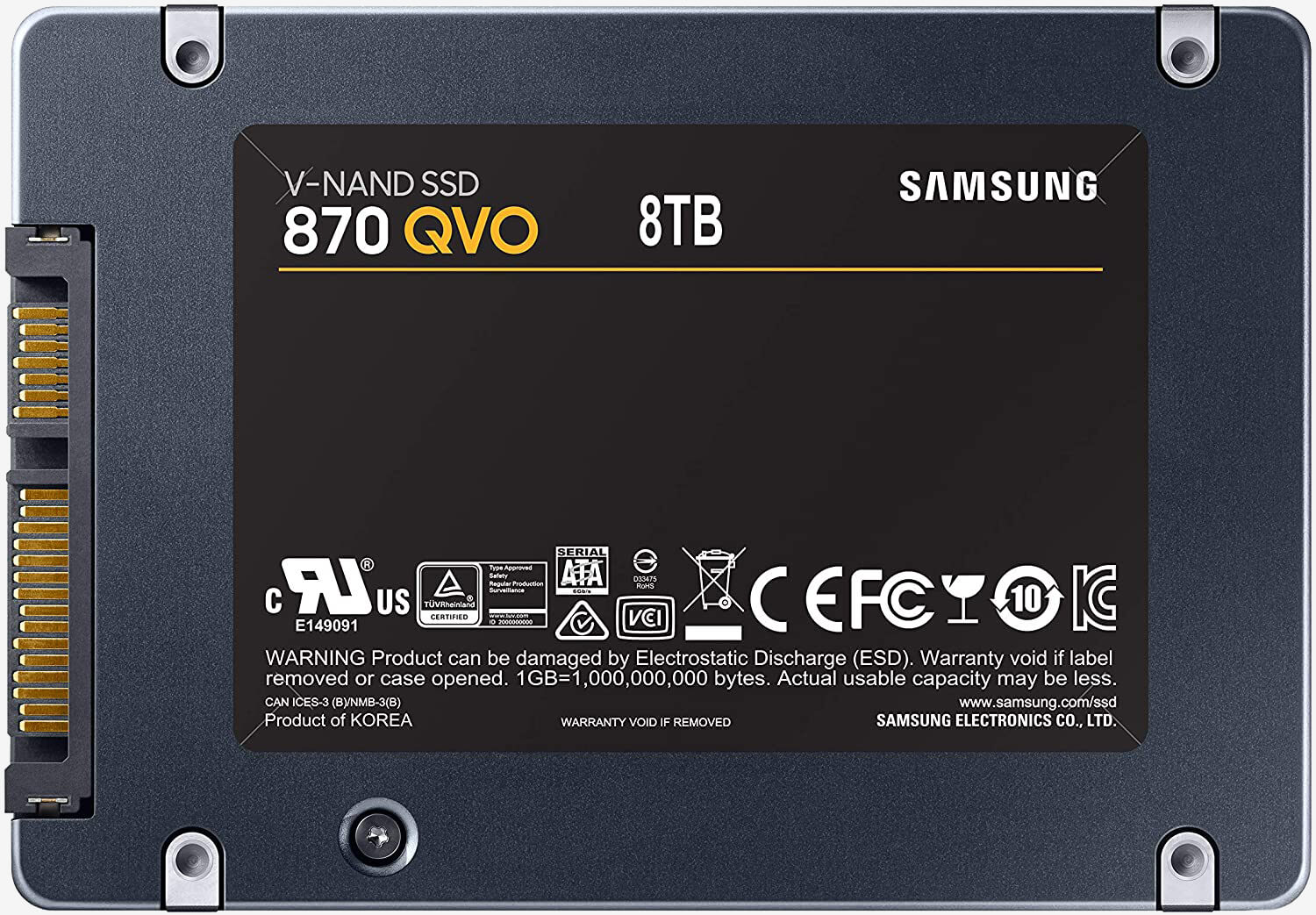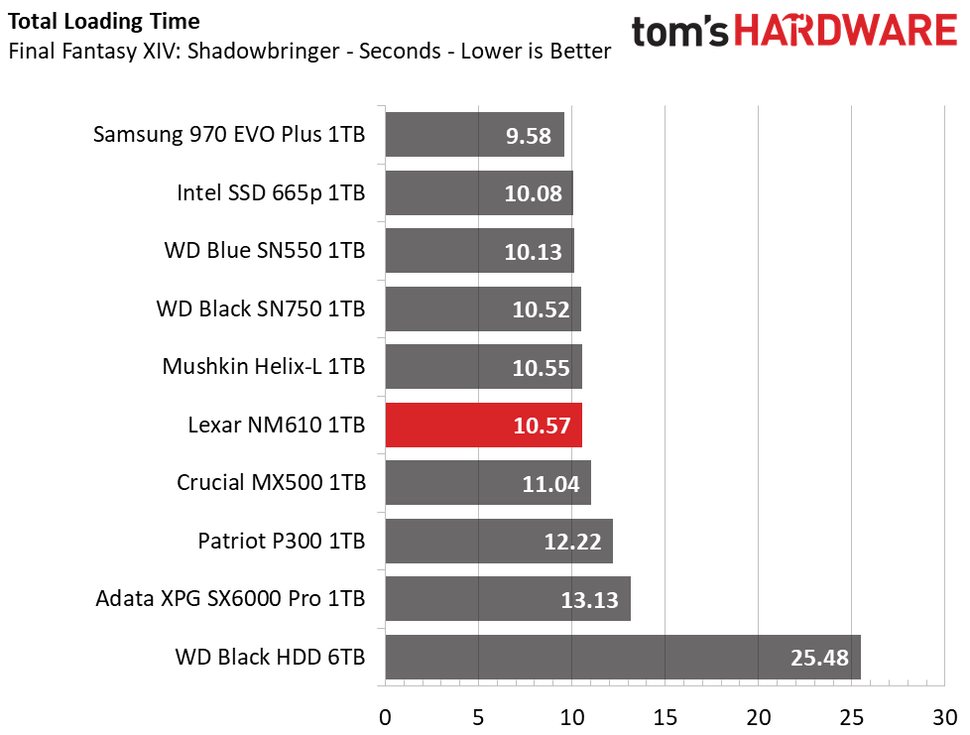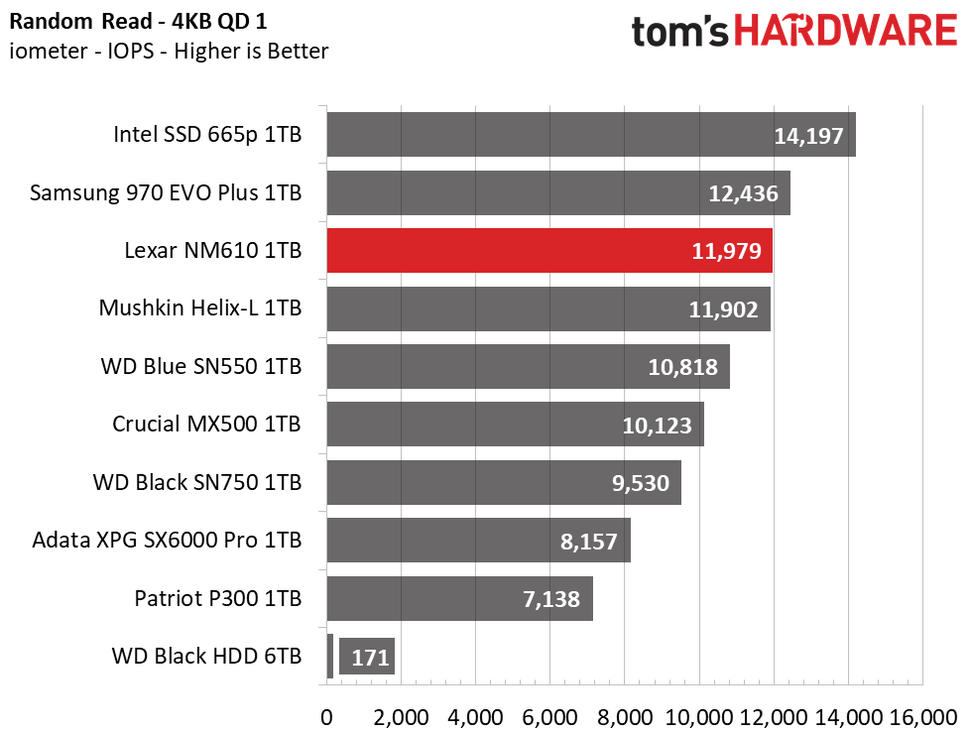Editor's take: Samsung does have some competition in the large-capacity SSD segment. Sabrent, for example, has an 8TB NVMe PCIe M.2 drive on the market that’s much faster that Samsung’s at up to 3,300 MB/s sequential read and 2,900 MB/s sequential write, but it’s also $1,500 and not SATA. How Samsung decides to price its new 8TB drive will be crucial.

Samsung on Tuesday officially introduced its second-generation quad-level cell (QLC) drive, further pushing the boundaries of what is possible in terms of high-capacity consumer flash storage with a capacity of up to 8TB.
The South Korean electronics giant said consumers have traditionally had to choose between the superior performance afforded by solid state drives or the capacity advantage that you get when going with a conventional mechanical hard drive. The 870 QVO SSD, however “is able to reliably offer the best of both worlds” which Samsung claims makes it the “optimal choice for mainstream PC users who prioritize performance and value.”

The Samsung 870 QVO SATA SSD offers sequential read and write speeds of up to 560 MB/s and 530 MB/s, respectively. Random read / write speeds, meanwhile, are rated at up to 98K IOPS and 88K IOPS, respectively. The drives utilize the new MKX controller alongside Samsung’s 4-bit MLC V-NAND flash memory.
Drives will be offered in capacities of 1TB, 2TB, 4TB and 8TB. All will be backed by a three-year limited warranty with total bytes written rated at up to 2,880TB (for the 8TB model).
Pricing starts at $129.99 for the 1TB model and scales up to $249.99 for the 2TB version and $499.99 for the 4TB model. The top-end 8TB unit won’t arrive until later this summer at an undisclosed price. One leak suggests it could cost around $900.
https://www.techspot.com/news/85823-samsung-new-870-qvo-sata-line-includes-monster.html




